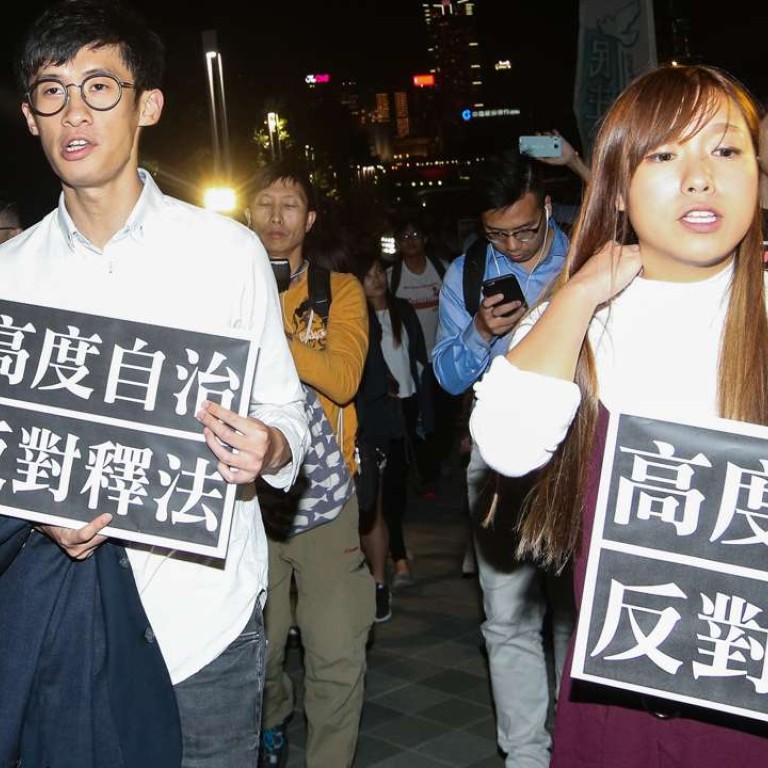
Hong Kong oath-taking saga shows ugly side of city’s colonial legacy
As long as a society stays in denial about its colonial past, its colonial mentality will find a way to show its naked, ugly face and shock the world
Hong Kong may no longer be a city under colonial administration, but as demonstrated so vividly by what took place in the Legislative Council recently, the colonial mentality is still very much with us. Who would take such perverse pride in using the imperialist language to so publicly insult their own country but a colonised people who had internalised the values of their colonial master?
Nearly 20 years after the reunification with its motherland, Hong Kong is still suffering the consequences of colonisation. We are burying our heads in the sand if we look away and refuse to confront this issue.
There is more to colonialism than invasion, conquest and exploitation. It’s also about brainwashing and the transmission, some may say corruption, of values. The coloniser believes the world is divided into civilised nations and barbarism, with his country representing the high point of civilisation. Colonialism, far from an act of aggression and violence, is thus a civilising mission. It is the job of a “responsible” colonial government to crush the colony’s inferior indigenous culture and replace it with its own superior culture.
When Britain ruled India as a colony, for example, it replaced Persian with English as the official language, used English as the medium of instruction in all schools and trained English-speaking Indians as teachers. All were measures designed to alienate the colonised people from their own history and culture.
For 155 years, Hong Kong had been a British colony. By working with and learning from their colonial master, Hong Kong people built a small fishing village into one of the most vibrant and prosperous Chinese societies on earth.
Yet there was a price to be paid for this success. Scholars use the terms collusive colonialism and submissive colonialism to describe the psychological process by which the colonial subjects come to accept the coloniser’s inherent superiority and their own contemptible inferiority.
This is a problem decolonisation is supposed to deal with. But under “one country, two systems”, Hong Kong’s colonial past is an inconvenient truth that gets swept under the carpet and decolonisation is a non-starter. As long as a society stays in denial about its colonial past, its colonial mentality will find a way to show its naked, ugly face and shock the world.
Perry Lam is a local cultural critic

